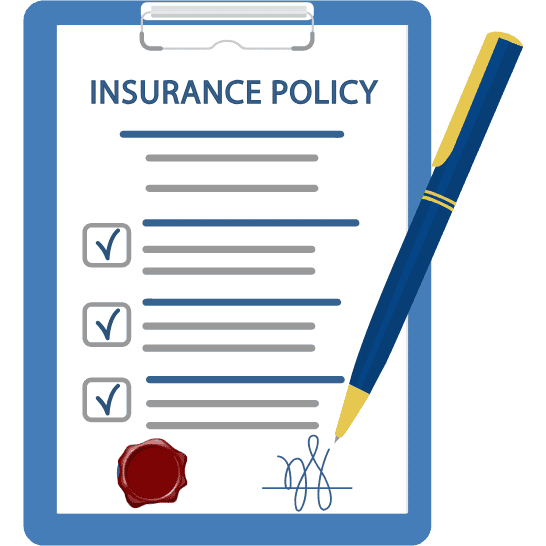Managing debt effectively is crucial for financial stability. Many individuals struggling with debt explore various solutions to regain control over their finances. Two common strategies are Debt Management Plans (DMPs) and Debt Consolidation. While both approaches aim to make debt more manageable, they differ significantly in their structure, implementation, and impact on financial health. Understanding these differences can help individuals make informed decisions about which option suits their needs best.
Understanding Debt Management Plans (DMPs)
A Debt Management Plan (DMP) is a structured repayment plan designed to help individuals pay off unsecured debts, such as credit card bills, medical expenses, and personal loans. It is typically facilitated by a credit counseling agency or a financial advisory service that negotiates with creditors on behalf of the debtor.
Key Features of a Debt Management Plan:
-
Single Monthly Payment: Instead of managing multiple payments, the debtor makes one consolidated payment to the agency, which then distributes the funds to creditors.
-
Reduced Interest Rates and Fees: Credit counseling agencies negotiate with creditors to lower interest rates and eliminate certain fees, making repayments more affordable.
-
No Additional Borrowing: Unlike debt consolidation, a DMP does not involve taking out a new loan. It simply restructures the existing debt into a more manageable payment plan.
-
Fixed Timeline: Most DMPs are designed to be completed within three to five years, ensuring a structured pathway to becoming debt-free.
-
Impact on Credit Score: While enrolling in a DMP does not directly impact credit scores, consistent payments can improve financial health over time. However, some creditors may report the participation in a DMP, which could affect creditworthiness temporarily.
-
Counseling and Financial Education: Many agencies provide financial education and counseling to help individuals develop better money management habits.
Pros and Cons of Debt Management Plans
Pros:
- Helps in reducing interest rates and late fees.
- Offers a structured and disciplined repayment approach.
- Provides financial education and guidance.
- No need to take on additional debt.
Cons:
- Only applies to unsecured debts, not mortgages or secured loans.
- Requires commitment to a strict repayment plan.
- Some creditors may not agree to reduced interest rates.
- Closing credit accounts may impact credit scores in the short term.
Understanding Debt Consolidation
Debt consolidation involves combining multiple debts into a single loan or credit facility, usually with a lower interest rate. The goal is to simplify payments and reduce the overall cost of debt repayment.
Key Features of Debt Consolidation:
-
New Loan Structure: Debt consolidation typically involves obtaining a new loan that pays off all existing debts, leaving the individual with just one payment.
-
Lower Interest Rates: If the new loan has a lower interest rate than the combined rates of existing debts, it can reduce the total amount paid over time.
-
Extended Repayment Terms: Some debt consolidation loans offer extended repayment periods, which can lower monthly payments but may increase total interest costs.
-
Improved Credit Score Potential: Successfully managing a consolidated loan can improve credit scores, as it demonstrates financial responsibility.
-
Secured vs. Unsecured Loans: Some debt consolidation loans require collateral (such as home equity), while others are unsecured, based solely on creditworthiness.
Pros and Cons of Debt Consolidation
Pros:
- Simplifies financial management with one monthly payment.
- Potential for lower interest rates and reduced total interest costs.
- May improve credit scores if payments are made on time.
- Can cover both secured and unsecured debts.
Cons:
- Requires a good credit score for favorable loan terms.
- Extending repayment terms can lead to higher total interest payments.
- Risk of losing collateral if using a secured consolidation loan.
- May not address underlying spending habits that led to debt accumulation.
Key Differences Between Debt Management Plans and Debt Consolidation
| Feature |
Debt Management Plan |
Debt Consolidation |
| New Loan Required? |
No |
Yes |
| Impact on Credit Score |
Temporary impact, then improvement |
Can improve credit score if managed well |
| Interest Rate Reduction? |
Negotiated with creditors |
Typically lower interest on new loan |
Conclusion
Both Debt Management Plans and Debt Consolidation offer viable solutions for individuals seeking financial relief from overwhelming debt. The choice depends on personal financial circumstances, credit history, and long-term financial goals. Financial stability is achievable with the right strategy and commitment to responsible money management.


